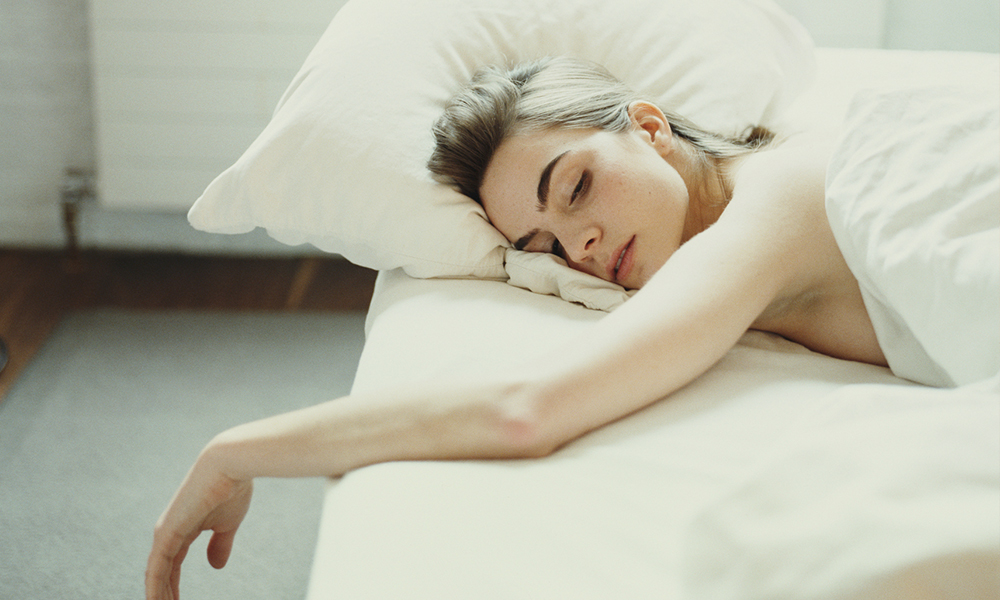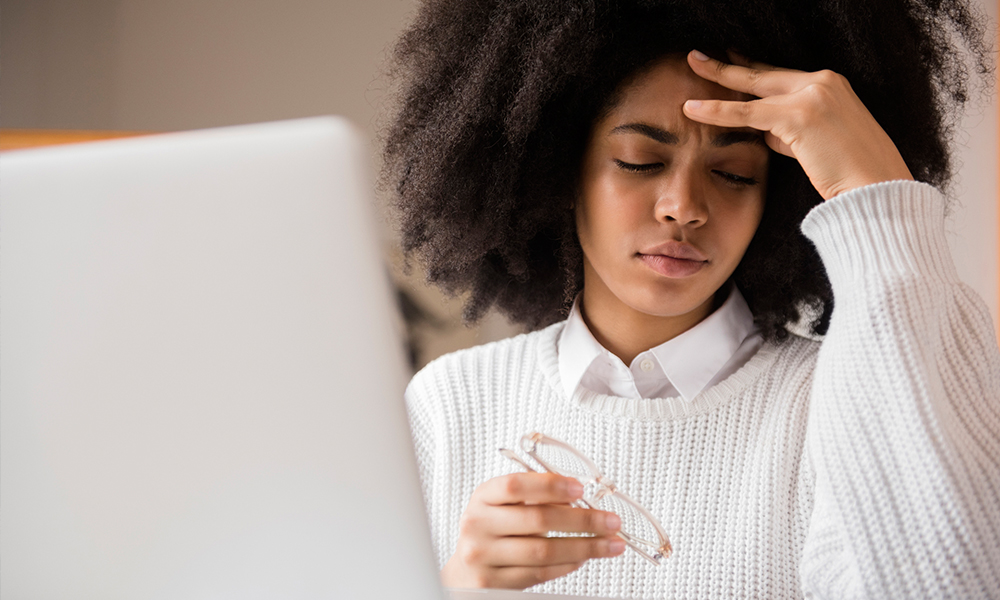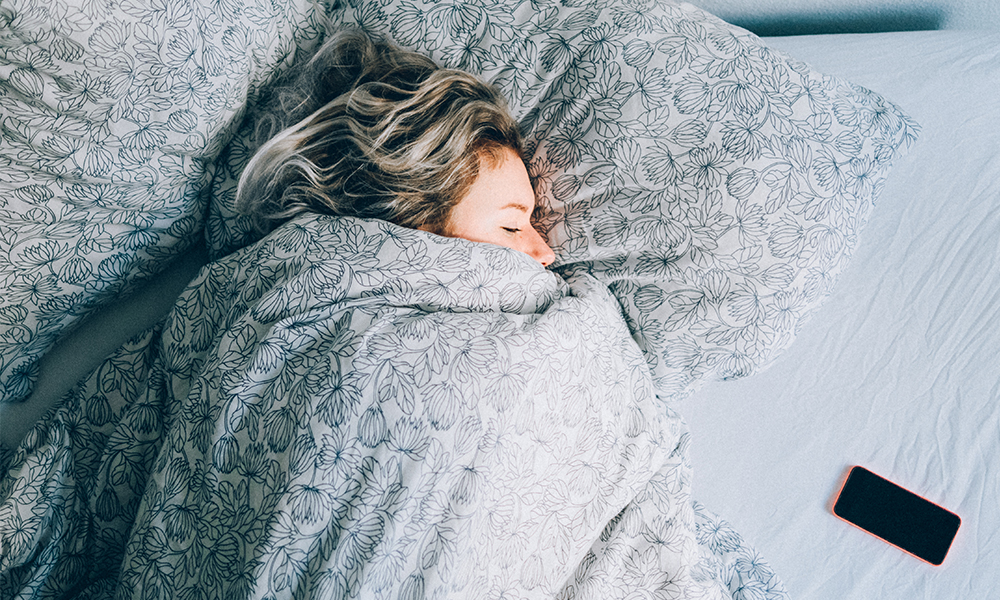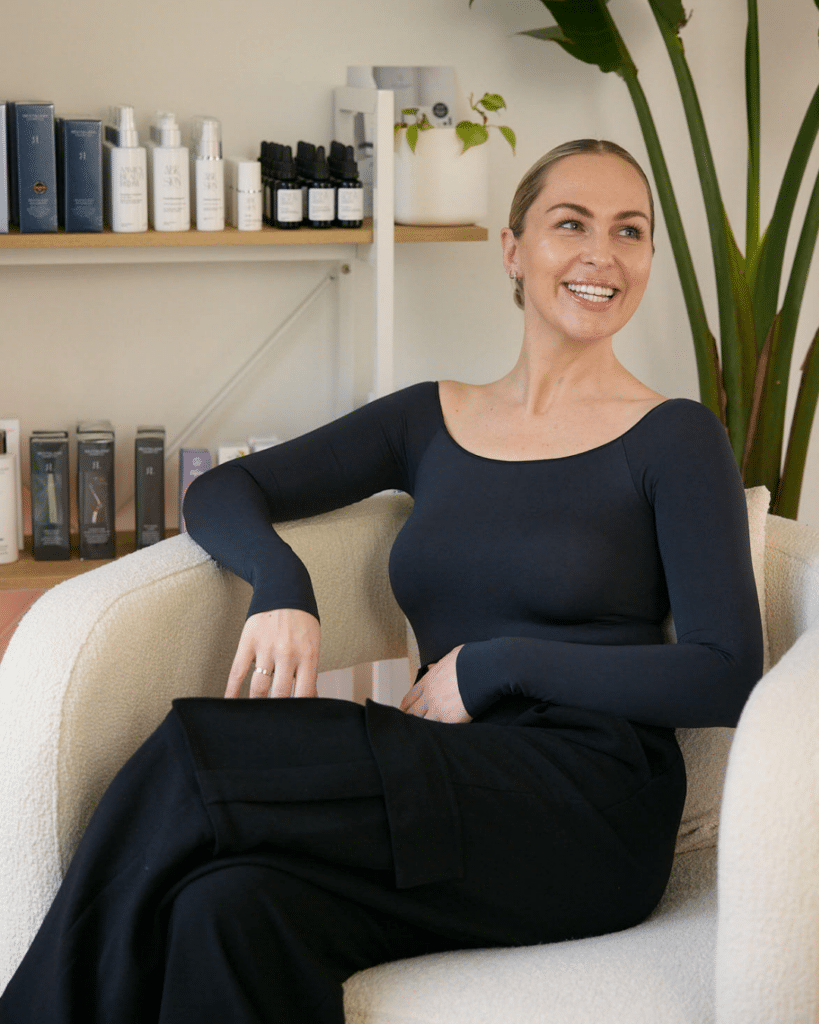Is it possible to get by with less than eight hours a night?
What do Margaret Thatcher, Kevin Rudd, Bill Clinton and Winston Churchill have in common? Political ideologies aside, anecdotal evidence suggests these prominent world leaders ran their countries on famously little sleep.
Clinton and Churchill were reported to hit the sack for five hours each night, Margaret Thatcher squeezed in four hours and Kevin Rudd a measly three hours.
Ordinary folks too claim membership of the so-called ‘sleepless elite’, bragging about how little sleep they need to juggle work with kids and an active social life. The implication is, of course, that they’re tougher and more productive than mere mortals who need at least eight hours of shut-eye each night.
Health experts say we should slumber for between seven and nine hours each night, but is it possible to thrive – and perhaps run a country – on less?
Why do we need sleep?
Why the body needs sleep is a question that has baffled scientists for centuries. No one is exactly sure why we need to spend a third of our lives asleep, but what experts do know is that sleep is an active state and horizontal time is as essential for good health as food and water. In fact, some parts of our brain use more oxygen and glucose – the body’s favourite fuel – while asleep than when awake.
“Some of the main theories around the functions of sleep relate to body restoration, repairing damaged cells and muscle recovery,” says sleep researcher Dr Gemma Paech from US-based Rush University Medical Centre.
“There’s also a lot of metabolic processes that go on relating to your digestion and glucose metabolism, plus there’s other things like memory consolidation and processing things we learned during the day.”

According to 2015 research by the US-based National Sleep Foundation published in the journal Sleep, which has been adopted by most equivalent national organisations, it’s recommended adults sleep for seven to nine hours each night. As few as six hours may be suitable for some people and as many as 10 hours for others, but any more or less isn’t recommended.
“That seven hours plus has been recommended because when we looked at all the research in terms of living a long and healthy life, [it] says seven hours is the minimum that you need to achieve that,” says Dr Angela Campbell, manager of the WellSleep Centre at the University of Otago, Wellington.
“Those that were getting less than seven hours a night on average were more likely to have adverse outcomes later in life.”
What happens when we don’t get enough sleep?
Outside the six to 10-hour range we are vulnerable to a raft of negative consequences that affect the way we feel, function and the way our bodies work, says associate professor Leigh Signal, associate director at the Sleep/Wake Research Centre at Massey University. Beyond usual feelings of tiredness, insufficient sleep is associated with decreased immunity, weight gain, low moods and a decreased sex drive.
“If you bring people into a sleep lab and know they’ve had enough sleep then you sleep deprive them four hours a night for six days in a row, you can change lots of things about them,” says Signal.
“You can change the way their immune system functions, for example. If you gave them a flu vaccination after being sleep-deprived, they’re less able to produce antibodies from the flu vaccine compared to those who’ve had sufficient sleep.”
Research also shows sleeping for short durations is associated with some of our most common modern malaises, including heart disease, diabetes and depression. It’s thought over time insufficient sleep increases heart rate and blood pressure, changes the way the body processes sugar, and leads to extreme low moods. What’s more, getting insufficient sleep has also been associated with earlier death.
That said, sleeping for less than six or seven hours doesn’t mean you’re on track to a definite diagnosis, says Campbell: “Not everyone is going to develop these conditions, but it puts you at higher risk if you’re getting a significantly small amount of sleep.”
The “sleepless elite”
Some evidence suggests a very small percentage of people carry a ‘short sleep’ gene, which allows them to retain normal cognitive abilities while sleeping very little. Dr Alex Bartle, medical director of the Sleep Well Clinic, says this may be because their sleep cycles – which typically last around 90 minutes as the brain moves between rapid eye movement (REM) and non-rapid eye movement (non-REM) sleep, over and over throughout the night – are shorter than normal.
“There are a few people who manage on less than six hours’ sleep,” he says.
“We think that their cycles, instead of being 90 minutes, are probably genetically a little bit less. So if your sleep cycle is 80 minutes instead of 90 minutes you’ll get by with five and a half hours of sleep.”
However, the genetic aspects of sleep aren’t well understood. Anecdotal reports suggest these so-called short sleepers comprise as few as 1% of the population – and the experts agree they’re unlikely to include all of the aforementioned world leaders.

“People who get, say, four hours a night, it’s possible – particularly in those roles that are hugely demanding – that they are functioning but we don’t really know what’s happening beneath the surface, whether they’re putting themselves at risk of other conditions or whether they’re simply surviving as opposed to living a healthy life in terms of their body’s functions,” says Campbell.
Bartle says the perception that needing less shut-eye equates to better performance helps to explain sleep-related oversharing.
“Churchill used to nap during the day and have his cabinet meetings in his bedroom,” he says. “A lot of the time they’re just saying they need less sleep because there’s a bit of a macho image to sleeping for a short time.”
Signal agrees: “We have this idea that if you want to be successful and powerful and have leadership roles, one of the things that demonstrates you’re able to survive in that world is getting very little sleep. There are maybe one or two people who can do that and the rest of us need a lot more sleep. If we focus on getting our ideal amount of sleep we’ll probably be a whole lot more effective, efficient and productive throughout the day.”
The disconnect of sleep-deprivation
What’s more, Signal says the more sleep-deprived we get, the worse we become at estimating how well we’re functioning – whether we’re running a country, caring for a newborn or clocking up long hours at work.“When we don’t get enough sleep day after day we initially feel a bit sleepier and our functioning will decline, but after a few days our sleepiness levels stabilise while our functioning does not – it continues to decline,” she says.
“What that means is that when we go without having enough sleep night after night, how we feel does not match how we are functioning. There is a disconnect between the two and we are not very good at judging how poor our functioning is. People who are chronically sleep-deprived may claim they are doing okay, but they no longer have an accurate perception of how they are doing.”
How to make do with less sleep
If you need seven to nine hours of sleep each night but you are clocking less than six and can’t see your way of out of the newborn haze or mountain of work at the office, what can be done?
The best cure for insufficient sleep is, of course, sleep, but in the short term Rush University’s Gemma Paech says caffeine and afternoon naps can help to keep mind and body functioning throughout the day.
“With caffeine you can develop a tolerance to it so you want to use it strategically and only have it when you feel you need it as opposed to having it all the time,” she says.
“Short naps of up to 30 minutes can also be beneficial, but they can make you feel groggy so don’t have a nap right before you have an important meeting or you need to drive. It’s best to keep naps and caffeine away from bedtime – you don’t want to be having a nap or coffee at 9pm then try to sleep at 10.30pm.”

Ultimately, however, Angela Campbell of the WellSleep Centre says it’s crucial to remember that getting enough sleep is just as important as the other pillars of a healthy lifestyle.
“We’ve got into this state where it’s almost acceptable that you’ll be on call 24 hours a day,” she says.
“We’re doing ourselves a disservice by doing that and not giving ourselves the time to switch off and make sleep a priority. We all know the importance of diet and exercise, and sleep is just as important for a healthy lifestyle as getting regular exercise and eating a healthy diet.”
Words: Angela Tufvesson
Photos: Getty Images
This article originally appeared on nowtolove.co.nz










